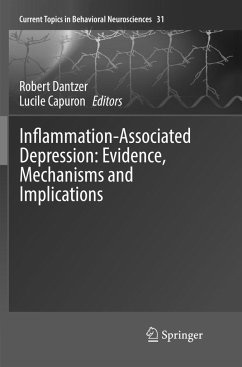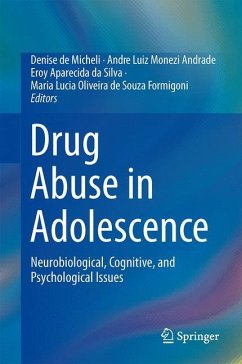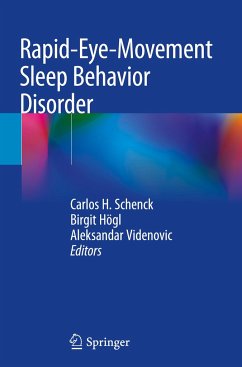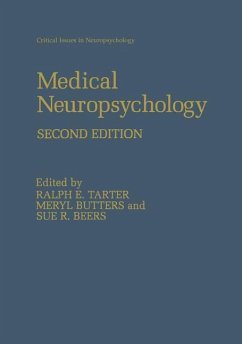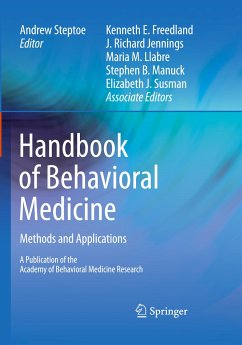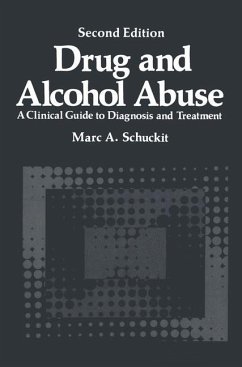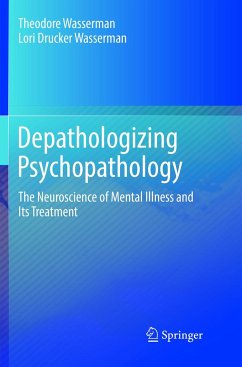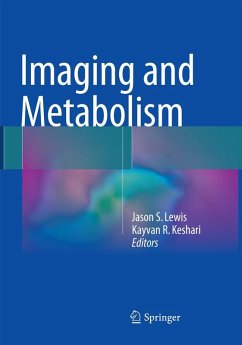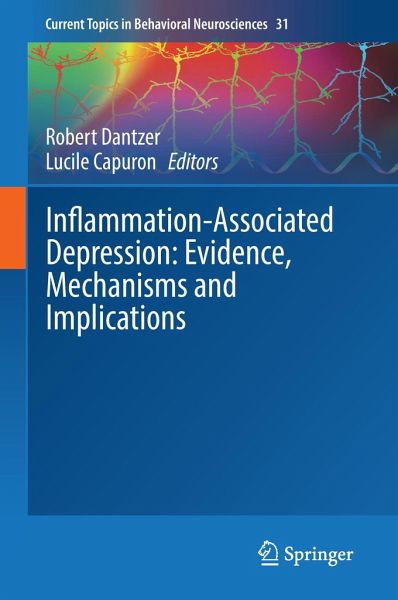
Inflammation-Associated Depression: Evidence, Mechanisms and Implications

PAYBACK Punkte
87 °P sammeln!
Inflammation has invaded the field of psychiatry. The finding that cytokines are elevated in various affective and psychotic disorders brings to the forefront the necessity of identifying the precise research domain criteria (RDoCs) that inflammation is responsible for. This task is certainly the most advanced in major depressive disorders. The reason is that a dearth of clinical and preclinical studies has demonstrated that inflammation can cause symptoms of depression and conversely, cytokine antagonists can attenuate symptoms of depression in medical and psychiatric patients with chronic lo...
Inflammation has invaded the field of psychiatry. The finding that cytokines are elevated in various affective and psychotic disorders brings to the forefront the necessity of identifying the precise research domain criteria (RDoCs) that inflammation is responsible for. This task is certainly the most advanced in major depressive disorders. The reason is that a dearth of clinical and preclinical studies has demonstrated that inflammation can cause symptoms of depression and conversely, cytokine antagonists can attenuate symptoms of depression in medical and psychiatric patients with chronic low grade inflammation. Important knowledge has been gained on the symptom dimensions that inflammation is driving and the mechanisms of action of cytokines in the brain, providing new targets for drug research and development. The aim of the book "Inflammation-Associated Depression" is to present this field of research and its implications in a didactic and comprehensive manner to basic and clinical scientists, psychiatrists, physicians, and students at the graduate level.



